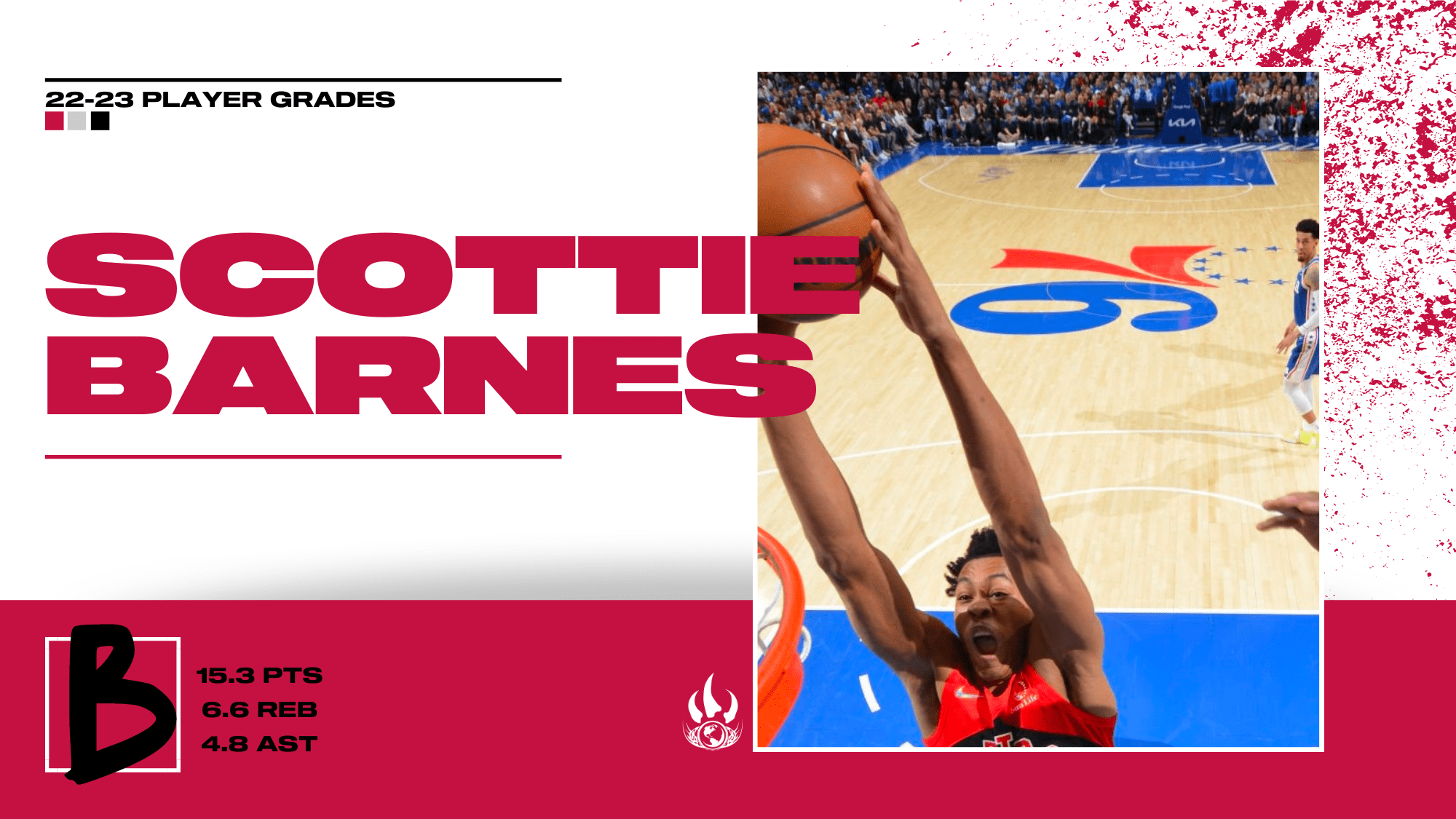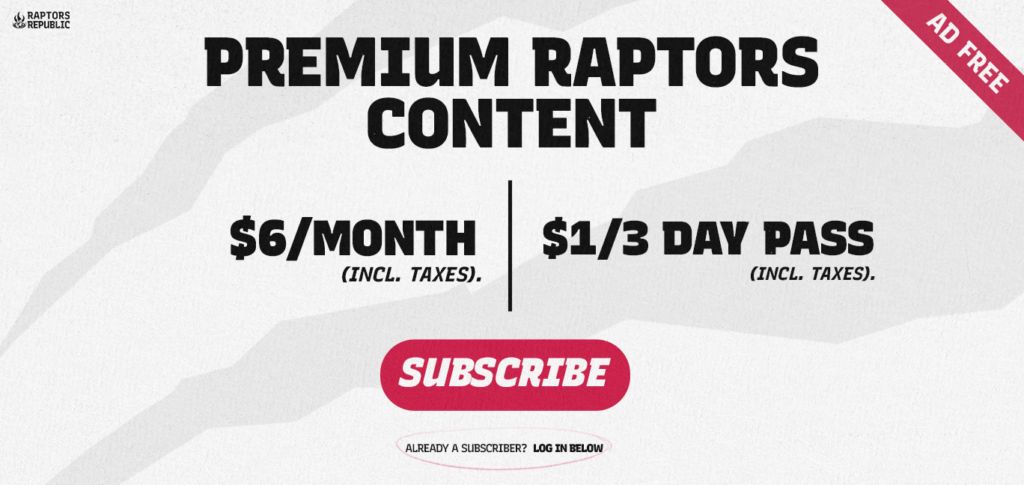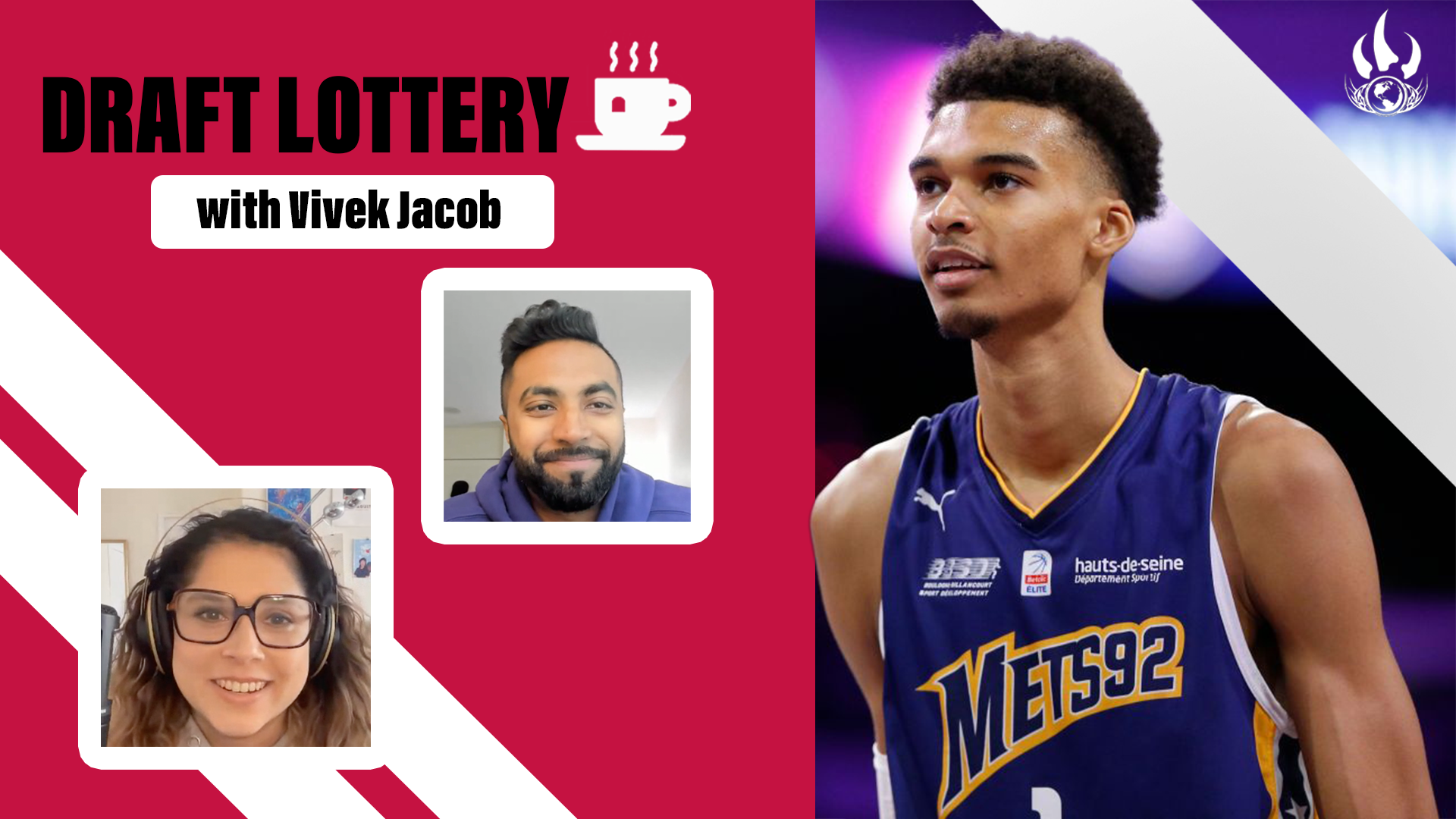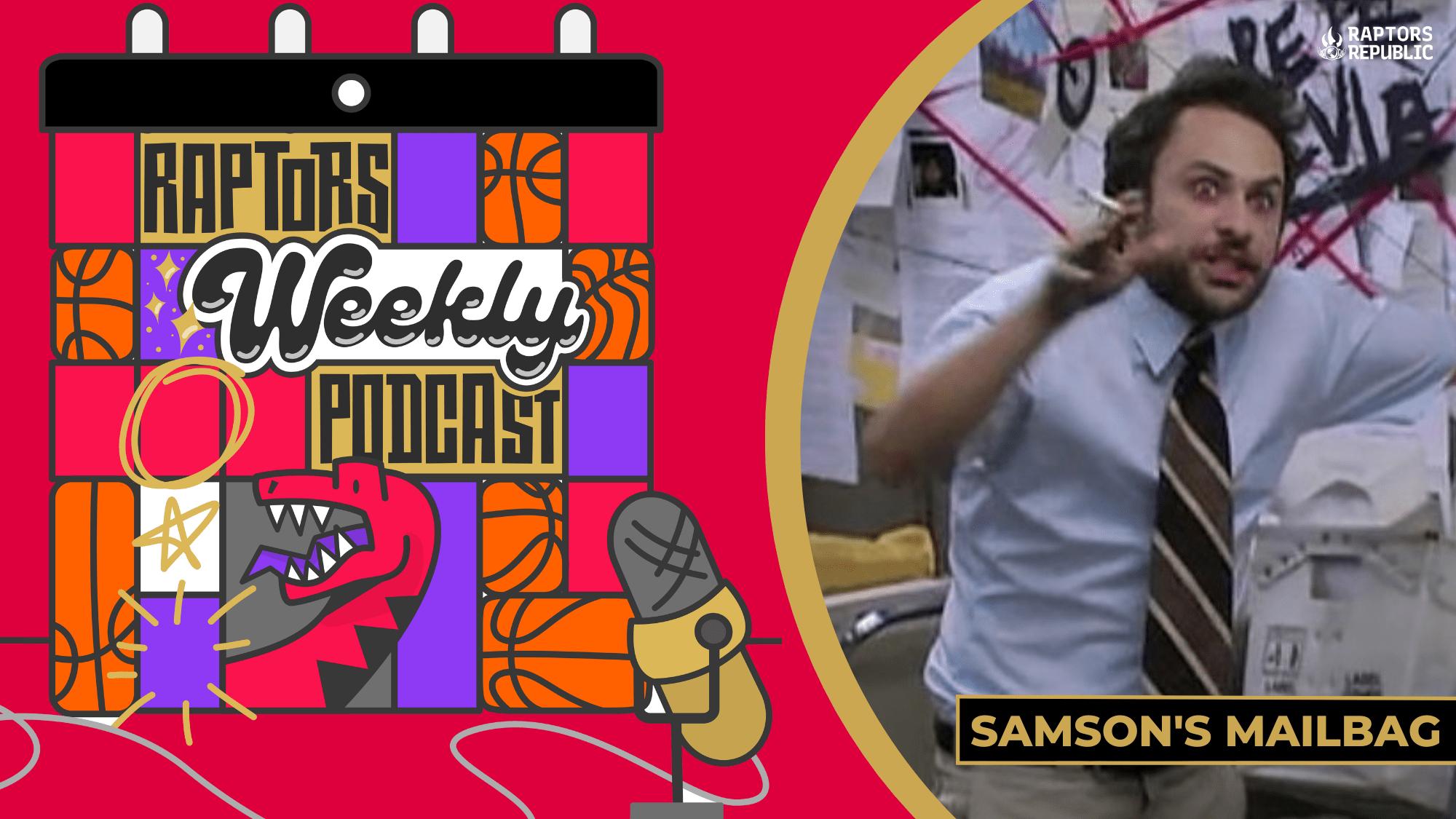The following is part of Raptors Republic’s series of pieces reviewing the season for the Toronto Raptors. You can find all the pieces in the series here.
Told in forward and reverse chronology, with colour scale alone distinguishing which timeline is moving ahead and which backwards, Memento is one of Hollywood's most twisting and enjoyable tales.
Spoiler (I know this movie is very old, but it's exceptional and not as famous as it should be, so if you haven't seen it and don't want the plot spoiled, don't read this or the next paragraph): It's hard to say if Leonard, played by Guy Pierce, is the hero or the villain. He has no short term memory and is hunting the man who attacked his wife (hero!). Yet he also kills Teddy who maybe is helping him and maybe is taking advantage of his condition to rob drug dealers (villain!). And of course he might have also been the one who killed his wife himself via insulin (Sammy Jankis!)
But he's also a philosopher who exposes the viewers as the ones with real short-term memory loss, and his line "I have to believe in a world outside my own mind. I have to believe that my actions still have meaning, even if I can't remember them. I have to believe that when my eyes are closed, the world's still there," is, in some way, redemptive.
All told, Leonard is unquestionably a bad guy. But at the bare minimum he's a fun-to-watch guy. "Okay, so what am I doing? Oh, I'm chasing this guy. No, he's chasing me," is gold.
There's no villainy or heroism when it comes to sports, but one Toronto Raptor did mimic Memento's twisty-yet-enjoyable viewing experience: Scottie Barnes.
Only three days before Christmas, the Toronto Star's Doug Smith fired a broadside at Barnes: "It takes hard work to become an NBA player. It takes work of an order of magnitude much greater than 'hard' to become an elite star in the league," he wrote. "[Barnes] has not quite gotten [that realization] yet."
Smith is as connected as they come among Raptors' media, and it's crucial to note that he would note write such inflammatory things without people within the organization telling him it was the case. Masai Ujiri reportedly had a testy meeting with Barnes during the season. I can assure you that media is not trying to drive Barnes out of town. Nor is the organization. But the smoke-fire corollary would seem to point towards some within the organization being unhappy with Barnes' development in his second season -- and trying to light a proverbial fire under him.
(It's worth mentioning here that Samson and I disagreed with the criticism of Barnes' effort at the time. I feel pretty vindicated by that take in hindsight -- Barnes' issues were really just the canary in the coal mine, indicative of structural issues that soon would affect everyone on the roster.)
So did Barnes have a down sophomore year?




